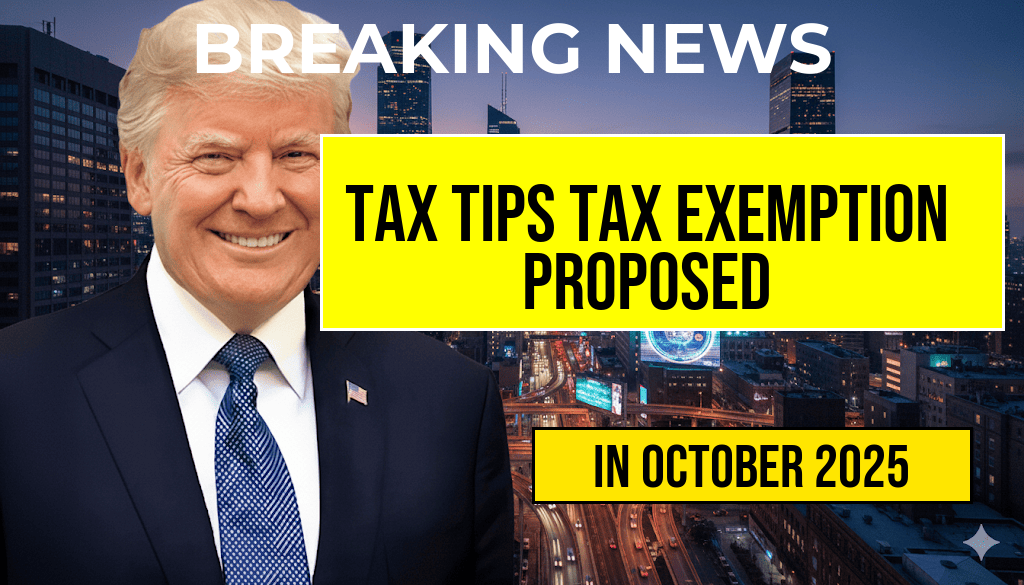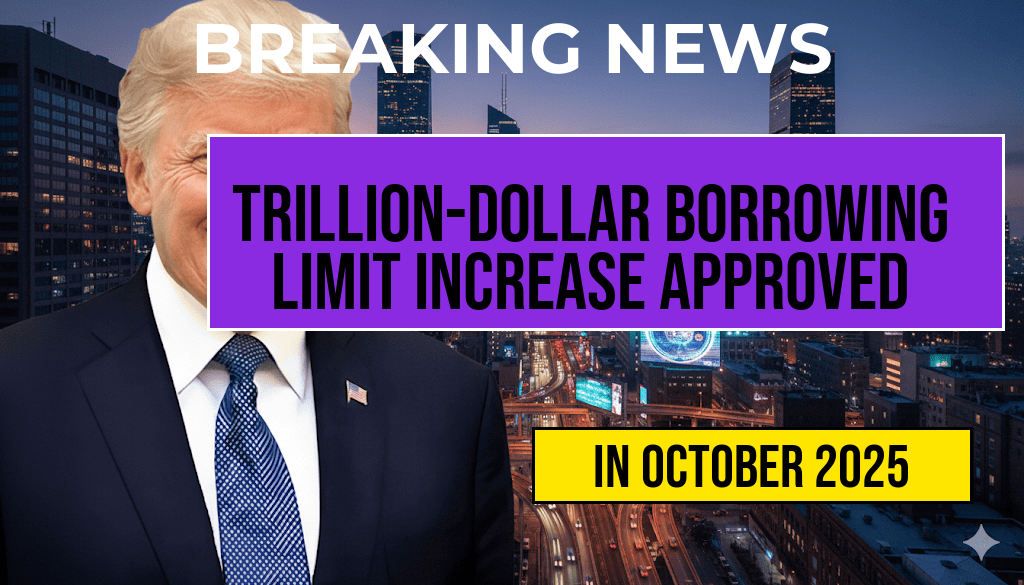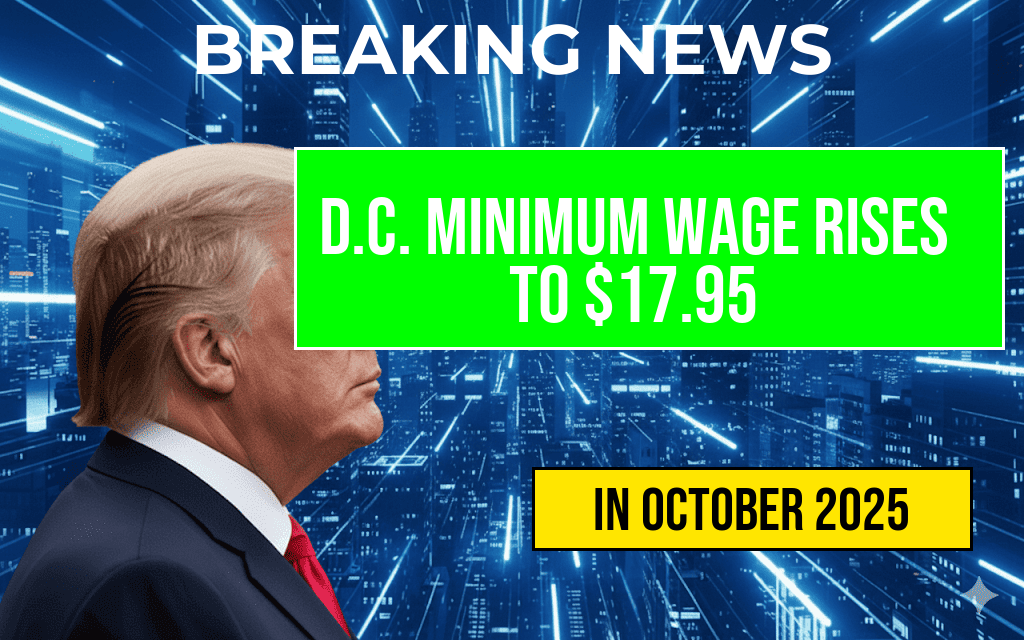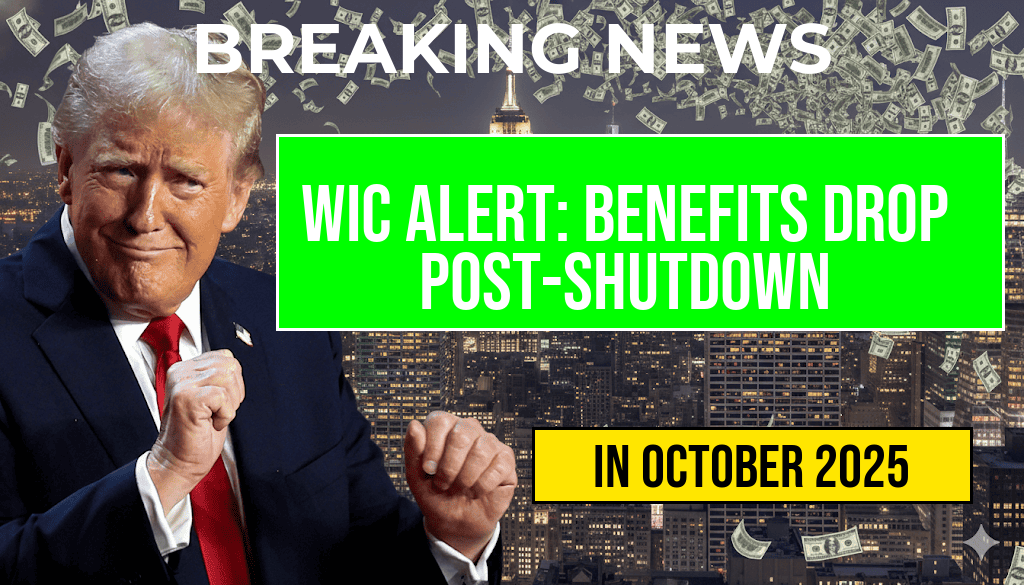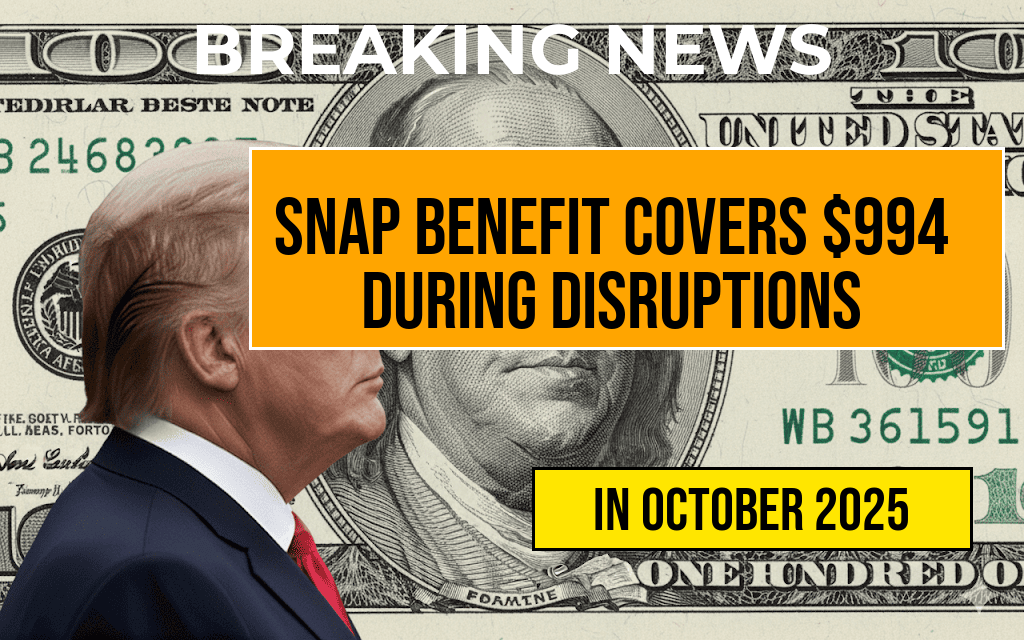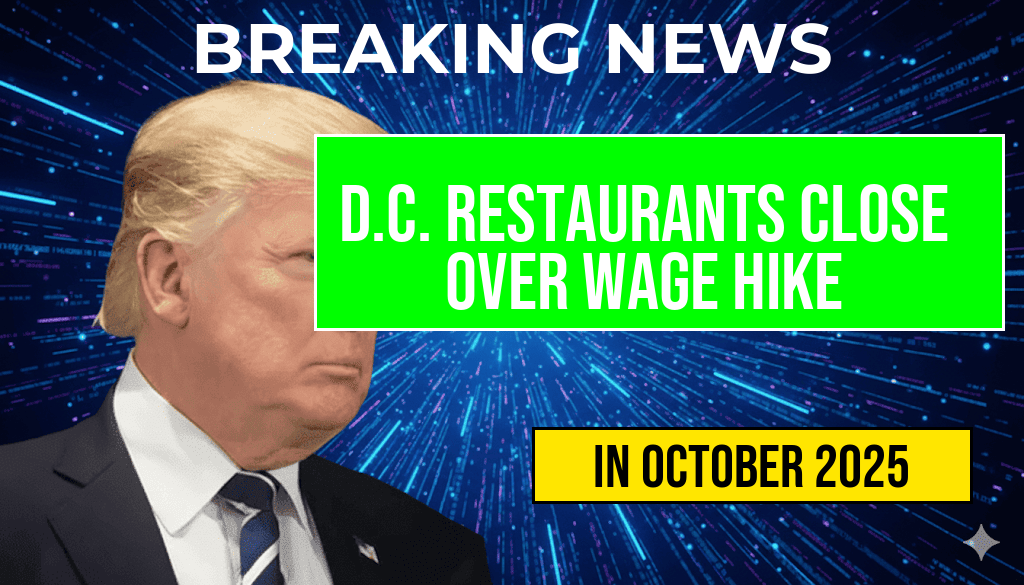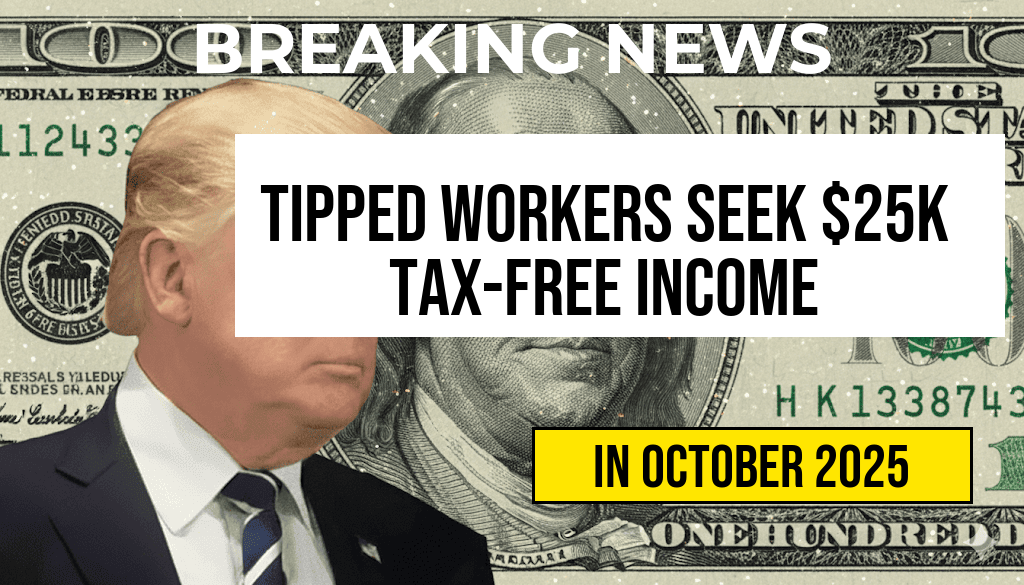District of Columbia Raises Minimum Wage to $17.95, Boosting Worker Earnings
The District of Columbia has implemented a new minimum wage rate of $17.95 per hour, marking a significant increase aimed at addressing the rising cost of living and improving economic stability for low-wage workers. This adjustment, effective immediately, translates to an additional $0.45 per hour compared to the previous rate, equating to an annual income boost of approximately $936 for full-time employees working 40 hours per week. Local officials highlight that the increase reflects D.C.’s ongoing efforts to maintain a living wage amidst inflationary pressures and economic shifts. As the nation’s capital continues to grapple with housing affordability and workforce challenges, this wage hike underscores a commitment to supporting essential workers across various sectors, from hospitality to retail and public service.
Background and Context of the Wage Adjustment
The decision to raise the minimum wage in D.C. stems from a combination of legislative policies and economic factors. The District’s minimum wage has been steadily increasing over recent years, aligning with efforts to meet or exceed the federal benchmark and regional standards. According to the Wikipedia entry on minimum wage, many jurisdictions have adopted incremental increases to balance economic growth with worker protections.
Local government officials emphasize that the new rate aims to keep pace with inflation, which has notably impacted housing costs and everyday expenses. The district’s affordability challenges remain acute, with median rent prices consistently rising, prompting policymakers to prioritize wage growth as a tool to mitigate economic disparities.
Economic Impact and Worker Benefits
| Previous Minimum Wage | New Minimum Wage | Hourly Increase | Annual Increase (40 hrs/week) |
|---|---|---|---|
| $17.50 | $17.95 | $0.45 | $936 |
For full-time employees earning the minimum wage, this increase translates into a tangible uplift in earnings, providing more financial breathing room for essentials such as housing, transportation, and healthcare. Although the rise is modest in absolute terms, it represents a meaningful step toward diminishing wage stagnation and supporting economic resilience among vulnerable populations.
Economic analysts note that such adjustments can have ripple effects across local economies. Increased earnings may lead to higher consumer spending, bolstering small businesses and service industries that employ a significant portion of minimum wage workers. However, some business groups have expressed concerns about potential cost pressures, particularly in sectors heavily reliant on low-wage labor. The district’s Office of Revenue Analysis estimates that the wage hike could result in increased labor costs for employers, though the overall impact is expected to remain manageable within the broader economic context.
Comparison with Regional and Federal Standards
The new $17.95 rate positions D.C. among the highest minimum wages in the United States, surpassing federal guidelines and many neighboring jurisdictions. For context, the federal minimum wage remains at $7.25 per hour, though several states and cities have set higher thresholds. For instance, California’s minimum wage is scheduled to reach $15.50 by 2023, while nearby Maryland has a minimum wage of $12.50, with plans to increase further.
According to data from the Economic Policy Institute, jurisdictions with higher minimum wages often report reduced income inequality and improved worker well-being. Still, debates persist regarding potential employment effects and business competitiveness, especially for small enterprises operating on thin margins.
Community and Worker Reactions
Labor advocates have welcomed the wage boost, emphasizing its importance in addressing economic inequality and supporting essential workers who have remained on the front lines during ongoing public health challenges. “This increase recognizes the vital role that frontline workers play in maintaining our city’s functioning,” remarked a representative from the District’s Department of Employment Services.
Conversely, some small business owners express concern about the rising labor costs, particularly in industries with narrow profit margins. Local chambers of commerce are advocating for additional support measures, such as tax relief or grants, to help offset increased payroll expenses. Nonetheless, many workers report that the new wage provides a welcome improvement in their financial stability, especially amid rising housing costs and inflationary pressures.
Looking Ahead
The District’s minimum wage policy continues to evolve, with plans for incremental increases in the coming years. Officials remain committed to balancing economic growth with equitable pay, aiming to create a more inclusive labor market. As the city’s economy adapts, ongoing assessments will determine how these wage policies influence employment trends, business viability, and overall economic health.
For more insights into wage policies and economic development, readers can visit the District of Columbia’s official government website or review reports from reputable economic research organizations such as the Economic Policy Institute.
Frequently Asked Questions
What is the new minimum wage in Washington D.C.?
The minimum wage in Washington D.C. has increased to $17.95 per hour, effective immediately.
How much will this wage increase affect annual earnings?
This increase of $0.45 per hour results in an additional $936 in annual earnings for full-time workers.
When did the Washington D.C. minimum wage increase take effect?
The wage increase to $17.95 per hour was implemented on the specified date in the article, ensuring workers start earning the higher rate immediately.
Who is affected by the minimum wage hike?
The minimum wage increase impacts all eligible workers in Washington D.C. earning less than the new rate, including full-time, part-time, and seasonal employees.
Are there any upcoming changes planned for the minimum wage in D.C.?
The article discusses the recent increase to $17.95. Any future adjustments will depend on policy decisions and economic factors considered by local authorities.

